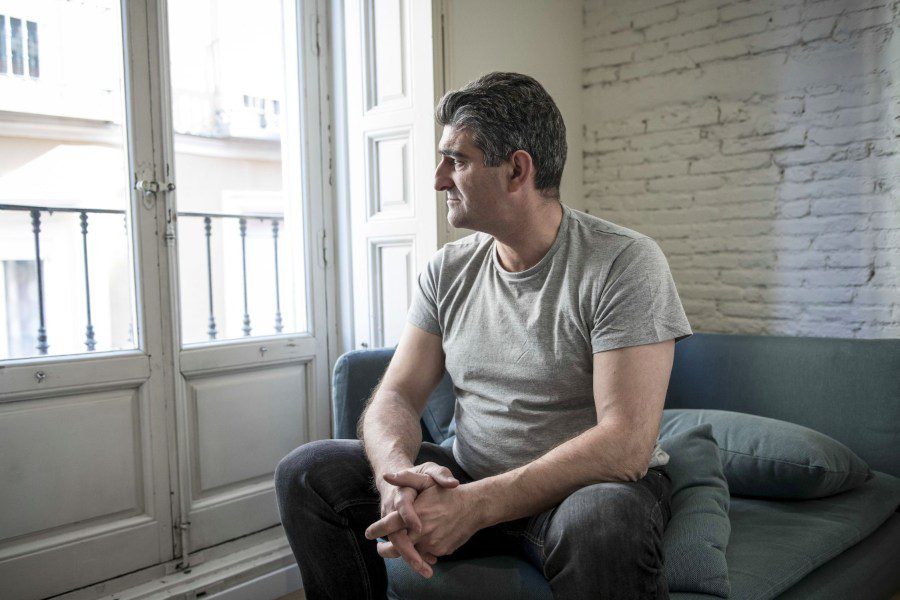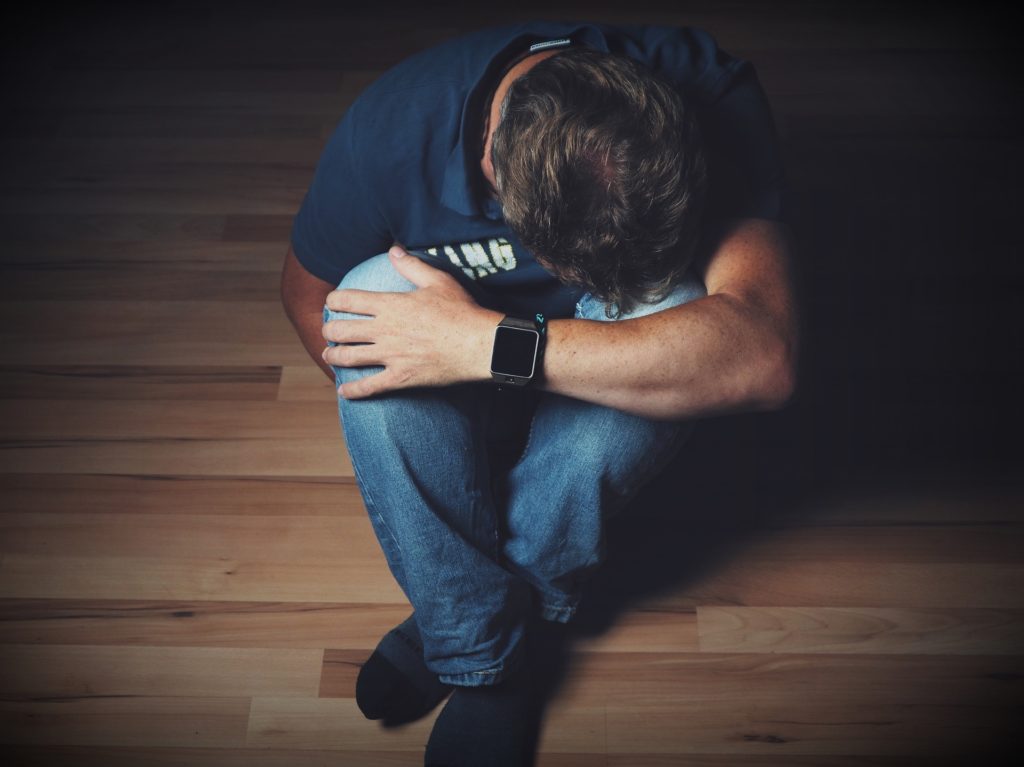What is the meaning of life? Is the world more bad than good? Is there an afterlife? Regardless of your own personal take on such questions, the world we live in—as well as our own self-perception—are commonly thought to be understood through each individual’s perspective. Repeated studies have shown that our points of view are developed in large part through social constructs we internalize as children and adults, with gender acting as a central construct that shapes the perception of our own mental health. As a result, the ways many men and women experience issues of mental health tend to fall along gender norm lines. Looking to illuminate this point, the following article takes a closer look at depression in men, and at how men tend to experience the various symptoms of this prevalent mental illness.

Before getting into depression for men, it is a good idea to gain a solid understanding of several of the basic terms and ideas we will be focusing on:
What is gender, what makes it so important, and how is it different from an individual’s sex?
Gender is defined as the characterizing features that have socially and historically been linked to either male or female biological identities. Simply put, an individual born with male sex organs is socially assigned to be a boy, and later a man. An individual born with female sex organs would be assigned to be a girl, and then later a woman.
As a result, the overwhelming majority of individuals define themselves first according to the norms associated with either men or women within the local societies: common associations would have men viewed as strong, tough, and less expressive of their emotions, while women would be seen as delicate, vulnerable, and more emotionally communicative.
Major depressive disorder, or MDD for short, is the official diagnosis for clinical depression. It is defined by the American Psychiatric Association (APA) as a mood disorder characterized by extreme and prolonged bouts of sadness, a sense of emptiness and longing, hopelessness, a pervasive lack of energy, and negative self-perception. Other features of this condition include a difficulty concentrating, irritable mood, troubled sleep patterns, drastic weight change when not dieting, and excessive guilt.
Taken together, depressive symptoms create a feeling of inescapable sorrow, coupled with a murky sense that something irreplaceable has been lost. For this reason, depression is often compared to grief; however, while the mourning over a deceased loved one (or even the loss of an ability or relationship) puts the onus on an external, often tangible circumstance, depression turns one’s pain inward and toward themselves, making it hard to escape or to overcome.
Due to its many adverse symptoms, MDD is an extremely harmful disorder that can lead to isolation from loved ones, self-harm, neglect of oneself and others, and in certain cases, suicide. It is considered to be relatively common, with one in 15 adults (or 6.7%) battling major depression. The seriousness of this condition has led many patients to seek out treatment, with the FDA recognizing several treatments, such as antidepressants, psychodynamic therapy, and transcranial magnetic stimulation (TMS) as options offering safe and effective symptom alleviation.

Men experience major depression between 1.5-3 times less commonly than women, and there appears to be no clear difference in the way depression develops or one’s response to treatment based on their gender.
How then, can the much lower percentage of men with depression be explained? For one thing, men are thought to be underrepresented in depression statistics as they are less likely to seek out treatment for a mental health issue, as opposed to a physical health one. Trying to live up to the masculine ideal of unwavering strength, many men would rather mask their depression—or any mental health issue—than acknowledge it.
Finding it hard to admit to feelings of vulnerability while expressing themselves through more aggressive overtones, many men battling depression present a pattern built from several symptoms.
Physical symptoms of depression act as a conversion of sorts, expression through the body what the mind finds too unbearable to touch. The ones more common among men include:
Cognitive symptoms of depression that more commonly appear in men generally disrupt their attention and cause them to become more distracted and preoccupied. They include:
Emotional symptoms associated with men experiencing depression lean toward more aggressive content, rather than more melancholy, introverted emotional symptoms of depression, such as deep sadness, emptiness, or guilt. Among them are:
Behavioral symptoms of depression more commonly exhibited by men emphasize agency and independence over the need for support and caretaking. They include:
Mental health disorders are not something anyone, regardless of who they are, should face alone. This is all the more true when it comes to depression, as this prevalent disorder is less likely to go away on its own than when it is properly treated by an experienced and licensed professional.
If you or a loved one are suffering from depression, please consider turning to the available support options, and remember there are those who want to help keep you safe.